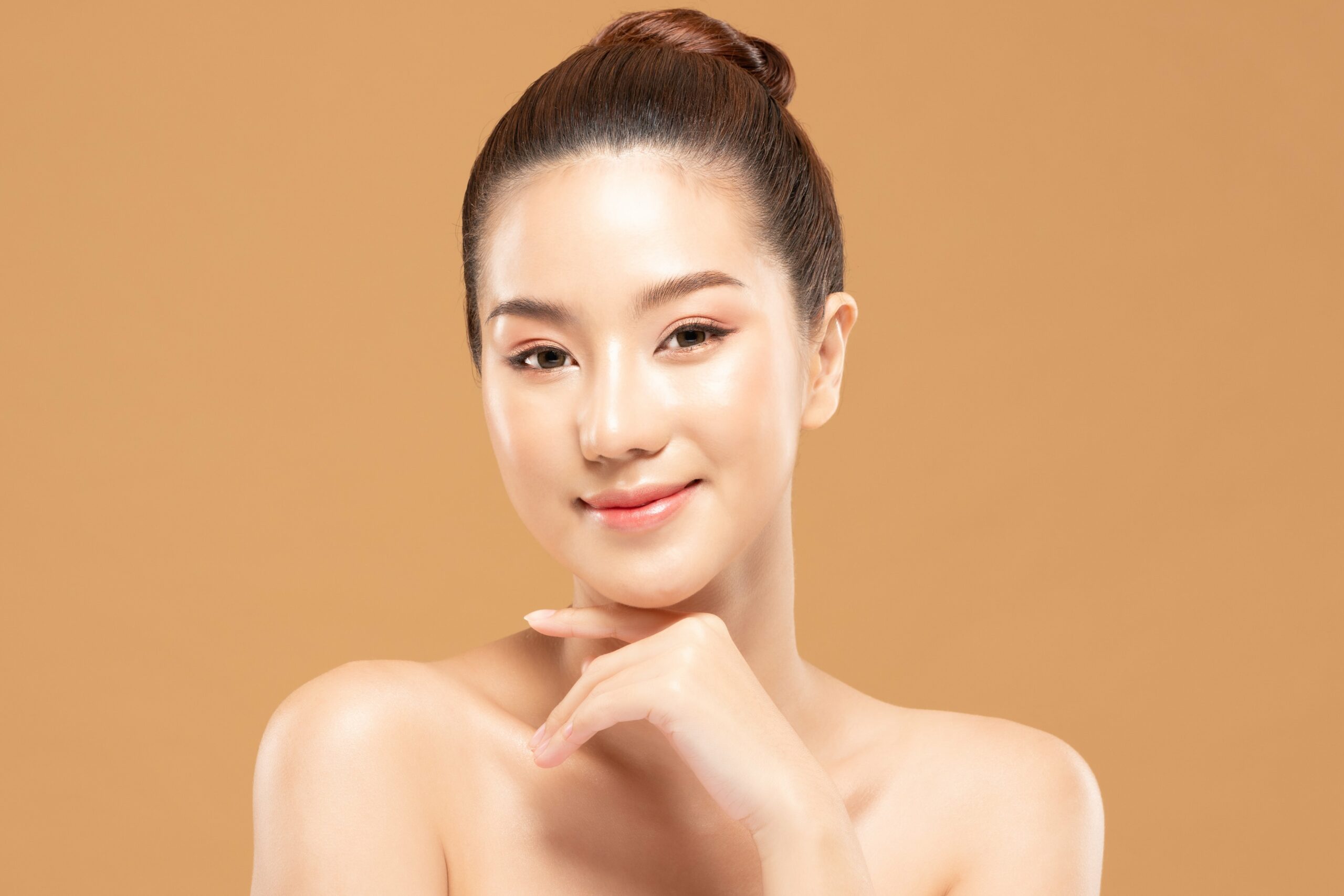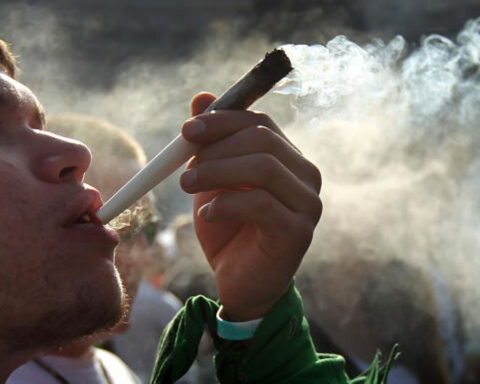1. How long should someone wait to see if a skin care product/routine is effective or if they should try something new? (I know this can vary a lot, but I’m seeing figures around 1 to 3 months, with issues like severe acne often taking longer to assess.)
Well, most people’s skins begin showing changes a month into using a certain routine. But I usually emphasize on following a new routine for a minimum of three months before making conclusions.
2. Lets talk toners: Do they really balance your skin’s pH, and do you even need it to be balanced? (Especially if you already use a “pH balanced” cleanser?) They can help strip dirt/oil and makeup — do they aid in hydration? Should everyone use one?\
Toners help recalibrate the skin’s pH to relax and balance it after cleansing. This helps prevent the skin from environmental attacks. I usually advise people to use toners in less than one minute after cleansing to ensure maximum moisture retention, which improves skin hydration. However, these days many cleansers are made with a pH balance, thus rendering toners unnecessary.
3.Should everyone use a heavier moisturizer and occlusive during winter months, or just drier skin types? What about those with oily skin?
Everybody needs a moisturizer, no matter their skin type. If you have drier skin, I recommend the heavier type to prevent moisture evaporation, but those with oily skins, lighter and hydrating ones will serve better.
4.Any tips on using and applying face oils like Argan, jojoba, sweet almond, etc.? Do you ever recommend adding a few drops to your regular moisturizer?
- People with sensitive skins should consider oil-based cleansers, such as, avocado, Argan, and sweet almond oils.
- If you dislike how the cleanser feels on your skin when applied directly, I recommend mixing a few drops in your moisturizer to get that intended complexion.
- Apply two to three drops before bedtime if your skin is dry or normal to help the oil sink in properly.
- Jojoba oil is great for people with greasy skin to lessen sebum production, thus reducing oiliness.
5. Should you ever apply facial oils on top of or beneath SPF?
I recommend applying face oils after, especially if your SPF is chemical-based for better absorption. But if it is mineral-based, apply it before and give it a few moments to get absorbed, say two or three minutes followed by SPF.
6. Some people cleanse 2x a day, others cleanse 1x at night and just use water in the morning. What do you recommend?
Twice a day does well for most skin types, as long as the products in use are gentle to the face. But I do not suggest that washing once a day is a mistake. The frequency actually depends on different factors, including the skincare products in use, skin type, and laziness level. Sometimes you may get up and notice your skin looks and feels fine, why not just use fresh water?
7. Would you advise applying vitamin C at morning or night? Is there anything you shouldn’t mix with vitamin C serums?
It is best to apply in the morning to protect the skin against environmental hazards that could attack it during your day’s endeavors. Avoid retinols since they lack stability in the sun, thus likely to expose you to UV rays damage.
8. Do you have a go-to peptide serum product rec?
I highly recommend Elta MD PM therapy facial moisturizer that is loaded with niacinamide, vitamin B, and peptides for a soft and brighter skin tone.
9. Everyone needs moisturizer – even dry skin types. But why? (Explain like I’m 5, if you wouldn’t mind!)
Yes, moisturizer is a must have for everyone, regardless of the skin type and maybe age. Basically, moisturizers hydrate and smoothen the skin by not allowing water from leaving the skin through evaporation. It is even more important as we age because the skin’s ability to keep moisture reduces, thus exposing someone to possible skin dryness.
10. Are sheet masks okay for acne-prone or inflamed skin? Thanks so much! The short answer is no. If your skin is already inflamed or acne-prone, face sheet masks will only worsen the condition. They potentially trap sebum and acne-triggering bacteria, resulting in blackheads and inflammatory acne.
- Is Mushroom Coffee Worth the Hype? An Expert’s Take - April 19, 2024
- Missionary Position – Least Likely To Bring You To Climax - April 7, 2023
- Vibrators could put you in Jail - March 31, 2023






